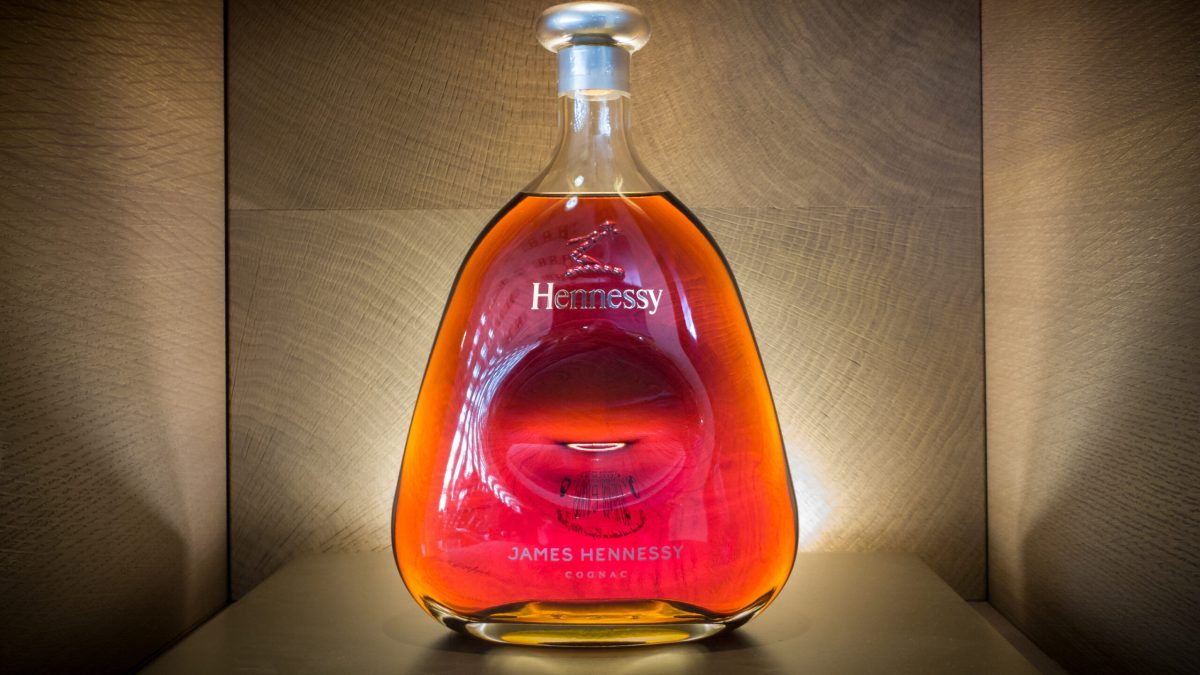China has introduced temporary anti-dumping duties on European Union (EU) brandy imports, with iconic French brands like Hennessy and Remy Martin at the center of the dispute.
The move comes in retaliation for the European Union’s recent tariffs on Chinese-made electric vehicles (EVs), marking a sharp escalation in trade tensions between the two economic giants.
French authorities have condemned the measure, while EU and Chinese officials are engaged in ongoing negotiations to resolve the growing conflict.
Brandy tariffs retaliate against EU’s EV tariffs
As of October 11, importers of brandy originating from the EU will need to make security deposits ranging from 34.8% to 39.0% of the import value.
This measure directly targets French cognac brands, which make up a significant portion of EU spirit exports to China.
In 2023 alone, French brandy exports to China totaled $1.7 billion, with industry leaders like Hennessy and Remy Martin bearing the brunt of the new tariffs.
The Chinese government has justified the move, claiming that European brandy was being sold at unfairly low prices, harming domestic producers.
However, this action is widely seen as retaliation for the EU’s recent decision to impose tariffs on Chinese electric vehicles, which disproportionately affects the Chinese auto industry.
French officials, in particular, have been vocal in supporting the EU’s EV tariffs, making the French spirits industry a prime target for Chinese countermeasures.
Sales of French brandy could decline by 20%
The new tariffs are expected to drive up the price of French cognac in China by as much as 20%, according to analysts at Jefferies.
With these price increases, sales volumes of French brandy could decline by up to 20%, dealing a significant blow to the luxury spirits market in China.
Remy Cointreau, which has the most significant exposure to the Chinese market, could see a 6% drop in overall sales, while Pernod Ricard is expected to face a more modest 1.6% decline in global sales.
For consumers in China, these tariffs mean higher prices for premium spirits, and industry analysts expect a cooling in demand for luxury brandy.
The luxury market, a key growth area for French spirit makers, now faces uncertainty as tariffs take hold.
France’s trade ministry has reacted sharply, calling China’s anti-dumping measures “incomprehensible” and a violation of global free trade principles.
In response, the French government, in cooperation with the European Commission, is preparing to challenge China’s tariffs at the World Trade Organization (WTO).
However, China has stood firm, asserting that its investigation into European brandy imports uncovered significant price distortions that justified the anti-dumping tariffs.
The Chinese commerce ministry has pledged to make a final decision by early 2025, leaving the door open for a prolonged trade dispute if no agreement is reached.
Market reaction: French luxury stocks decline
Shares of major French spirits producers have plummeted following the tariff announcement.
Remy Cointreau shares dropped by 8.7%, Pernod Ricard fell by 4.2%, and LVMH, the parent company of Hennessy, saw a 4.9% decline in its stock.
The Chinese market represents a critical export destination for French cognac brands, and the uncertainty surrounding these tariffs is expected to weigh heavily on stock prices in the short term.
French producers, who have invested heavily in expanding their presence in China, now face the prospect of reduced sales and lower growth.
This economic hit comes at a time when many luxury brands are already grappling with global market instability.
German auto industry at risk
China’s anti-dumping tariffs on EU brandy may only be the beginning.
In a related development, China is considering imposing additional tariffs on imports of large-engine vehicles, a move that would primarily affect German automakers.
Last year, German exports of engines larger than 2.5 liters to China totaled $1.2 billion. If new tariffs are imposed, it could exacerbate already strained trade relations between the EU and China.
The potential for further escalation looms large, with both sides standing firm in their respective trade policies.
While Germany has not yet responded directly to these potential auto tariffs, the European automotive industry is preparing for significant impacts if China moves forward with this additional measure.
The post China targets French cognac with tariffs after EU imposes duties on Chinese EVs appeared first on Invezz

